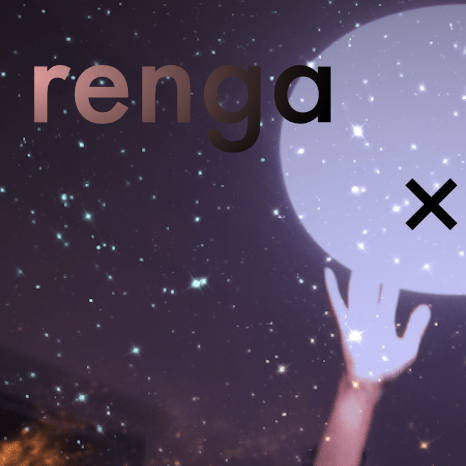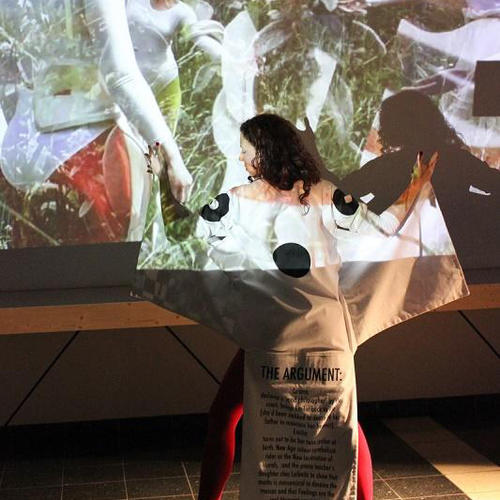MOTDYNAMO – Concepts of Translation and Digital Literary Practice (2020–)
Anna Luhn, Research Area 4: "Literary Currencies"
Professional-Track Postdoctoral Project
Parallel and counter to the development of computer-aided machine translation from the middle of the twentieth century onwards, the 1960s and 1970s saw protagonists of experimental literature rethinking translation processes across continents. Their theoretical and methodological attempts were based on the conviction that translation, as a potentially never-ending semiotic process of negotiation and interaction, had a prominent role to play not only in the encounter between different political systems and epistemic realms, but also in the formation and shaping of future societies and cultural exchange. In these approaches, the poetic/literary text constituted the densest form of such a translation-as-process, as well as the most powerful force against the post-industrial thrust (and threat) of transforming language into a thoroughly transferable, unambiguous 'code'. Likewise, current proponents of digital literature, being theoreticians and practitioners at the same time, often perceive their works as an artistic as well as political practice of interrogation. Not only does their digital language art question ideas of the literary as well as traditional conceptions of authorship. Often created with the help of algorithms, their works also reflect on the fabrics and the functioning of society as a whole: a society increasingly shaped and conditioned by information technology. With regard to their activist approach as well as to the literary techniques used in their works, these 'digital poets' draw extensively and/or explicitly from the avant-garde concepts and experimental text and translation processes of the twentieth century.
Over a period of two years and in complementary formats of literary research and collaborative practice, MOTDYNAMO seeks to investigate how the reflection, adaptation, and application of avant-garde concepts of translation informs current digital language art and how it may shape future literary practices. Moreover, the project focuses on the complex relationship between twentieth-century avant-garde practices and present day activist approaches: While it is beyond question that digital language art 'embodies' the digitality that ubiquitously shapes and structures our present, it remains to be probed to what extent it is also a powerful means to challenge and alter these digital-age mechanisms of world-making. Aiming to establish a contact zone between modernism studies, digital language art, literary activism and translation studies, the MOTDYNAMO project will first trace back current digital poetic strategies to the experimental translation practices of the European avant-garde (Dada, Italian and Russian futurism, etc.) as well as the neo-avant-garde movements from the mid-century onwards (Collectif Change, OuLiPo, etc.). In a second step, the findings of the project's research will be put to the test and developed further in a transdisciplinary exchange with artists, scholars, and practitioners from the fields involved.



